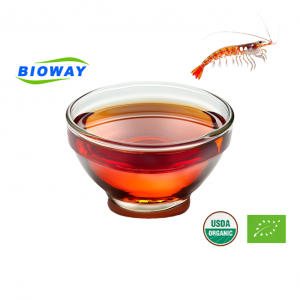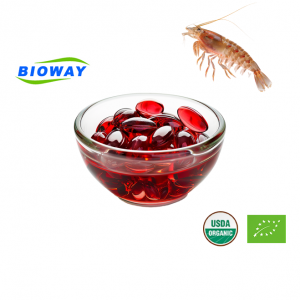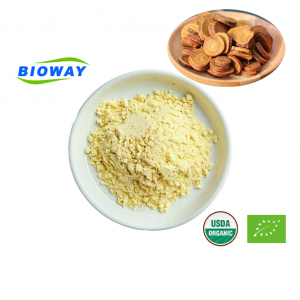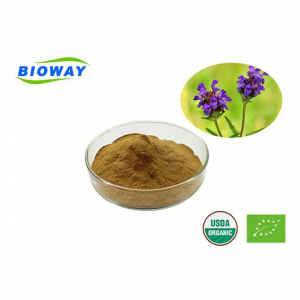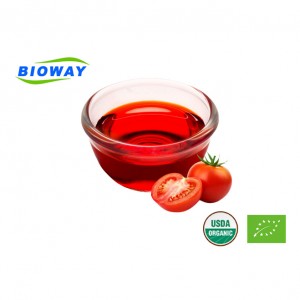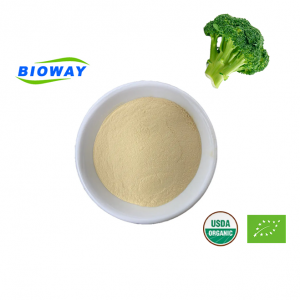Pure Krill Oil For Health Care
Krill oil is a dietary supplement derived from tiny, shrimp-like crustaceans called krill. It is known for being a rich source of omega-3 fatty acids, specifically docosahexaenoic acid (DHA) and eicosapentaenoic acid (EPA), which are essential nutrients found in marine life.
Research suggests that these omega-3 fatty acids may offer potential benefits for heart health and inflammation. Additionally, it is believed that the DHA and EPA in krill oil have a higher bioavailability, meaning they are absorbed more readily by the body compared to fish oil. This may be because in krill oil, the DHA and EPA are found as phospholipids, while in fish oil, they are stored as triglycerides.
While krill oil and fish oil both provide DHA and EPA, the potential differences in bioavailability and absorption make krill oil an area of interest for further research. However, it’s important to note that more studies are needed to fully understand the comparative benefits of krill oil versus fish oil. As with any supplement, it’s advisable to consult with a healthcare professional before adding krill oil to your routine. Contact us for more information: grace@biowaycn.com.
| Items | Standards | Results |
| Physical Analysis | ||
| Description | Dark Red Oil | Complies |
| Assay | 50% | 50.20% |
| Mesh Size | 100 % pass 80 mesh | Complies |
| Ash | ≤ 5.0% | 2.85% |
| Loss on Drying | ≤ 5.0% | 2.85% |
| Chemical Analysis | ||
| Heavy Metal | ≤ 10.0 mg/kg | Complies |
| Pb | ≤ 2.0 mg/kg | Complies |
| As | ≤ 1.0 mg/kg | Complies |
| Hg | ≤ 0.1 mg/kg | Complies |
| Microbiological Analysis | ||
| Residue of Pesticide | Negative | Negative |
| Total Plate Count | ≤ 1000cfu/g | Complies |
| Yeast&Mold | ≤ 100cfu/g | Complies |
| E.coil | Negative | Negative |
| Salmonella | Negative | Negative |
1. Rich source of omega-3 fatty acids DHA and EPA.
2. Contains astaxanthin, a powerful antioxidant.
3. Potentially higher bioavailability compared to fish oil.
4. May support heart health and reduce inflammation.
5. Research suggests it could alleviate arthritis and joint pain.
6. Some studies indicate it may help with PMS symptoms.
Krill oil may help reduce total cholesterol and triglycerides.
It could increase HDL (good) cholesterol levels.
Omega-3 fatty acids in krill oil may decrease blood pressure and offer anti-inflammatory benefits.
Astaxanthin in krill oil has antioxidant properties that combat free radicals.
Research suggests it may reduce symptoms of rheumatoid arthritis and joint pain.
Krill oil may help alleviate PMS symptoms and reduce the need for pain medication.
1. Dietary supplements and nutraceuticals.
2. Pharmaceutical products targeting heart health and inflammation.
3. Cosmetics and skincare products for skin health.
4. Animal feed for livestock and aquaculture.
5. Functional foods and fortified beverages.
Packaging And Service
Packaging
* Delivery Time: Around 3-5 workdays after your payment.
* Package: In fiber drums with two plastic bags inside.
* Net Weight: 25kgs/drum,Gross Weight: 28kgs/Drum
* Drum Size & Volume: I.D.42cm × H52cm, 0.08 m³/ Drum
* Storage: Stored in a dry and cool place, keep away from strong light and heat.
* Shelf Life: Two years when properly stored.
Shipping
* DHL Express, FEDEX, and EMS for quantities less than 50KG, usually called as DDU service.
* Sea shipping for quantities over 500 kg; and air shipping is available for 50 kg above.
* For high-value products, please select air shipping and DHL express for safety.
* Please confirm if you can make the clearance when goods reach your customs before placing an order. For buyers from Mexico, Turkey, Italy, Romania, Russia, and other remote areas.
Payment And Delivery Methods
Express
Under 100kg, 3-5Days
Door to door service easy to pick up the goods
By Sea
Over300kg, Around 30 Days
Port to port service professional clearance broker needed
By Air
100kg-1000kg, 5-7Days
Airport to airport service professional clearance broker needed
Production Details (Flow Chart)
1. Sourcing and Harvesting
2. Extraction
3. Concentration and Purification
4. Drying
5. Standardization
6. Quality Control
7. Packaging 8. Distribution
Certification
It is certified by ISO, HALAL, and KOSHER certificates.
FAQ (Frequently Asked Questions)
Who should not take krill oil?
While krill oil is generally considered safe for most people, there are certain individuals who should exercise caution or avoid taking krill oil:
Allergic Reactions: Individuals with known allergies to seafood or shellfish should avoid krill oil due to the potential for allergic reactions.
Blood Disorders: People with bleeding disorders or those taking blood-thinning medications should consult a healthcare professional before taking krill oil, as it may increase the risk of bleeding.
Surgery: Individuals scheduled for surgery should discontinue krill oil usage at least two weeks before the scheduled procedure, as it may interfere with blood clotting.
Pregnancy and Breastfeeding: Pregnant or breastfeeding women should consult a healthcare provider before taking krill oil to ensure its safety for both the mother and the baby.
As with any supplement, it’s important to seek advice from a healthcare professional before starting krill oil, especially if you have any underlying health conditions or are taking medications.
What is the difference between fish oil and krill oil?
Fish oil and krill oil are both sources of omega-3 fatty acids, but there are several differences between the two:
Source: Fish oil is derived from the tissues of oily fish such as salmon, mackerel, and sardines, while krill oil is extracted from tiny, shrimp-like crustaceans called krill.
Omega-3 Fatty Acid Form: In fish oil, the omega-3 fatty acids DHA and EPA are present in the form of triglycerides, while in krill oil, they are found as phospholipids. Some research suggests that the phospholipid form in krill oil may have higher bioavailability, meaning it is more readily absorbed by the body.
Astaxanthin Content: Krill oil contains astaxanthin, a powerful antioxidant that is not present in fish oil. Astaxanthin may offer additional health benefits and contribute to the stability of krill oil.
Environmental Impact: Krill is a renewable and highly sustainable source of omega-3 fatty acids, while some fish populations may be at risk of overfishing. This makes krill oil a potentially more environmentally friendly choice.
Smaller Capsules: Krill oil capsules are typically smaller than fish oil capsules, which may be more convenient for some individuals to swallow.
It’s important to note that both fish oil and krill oil offer potential health benefits, and the choice between the two may depend on individual preferences, dietary restrictions, and health considerations. As with any supplement, it’s advisable to consult with a healthcare professional before making a decision.
Are there negative side effects to krill oil?
While krill oil is generally considered safe for most people, some individuals may experience negative side effects. These can include:
Allergic Reactions: People with known allergies to seafood or shellfish should avoid krill oil due to the potential for allergic reactions.
Gastrointestinal Issues: Some individuals may experience mild gastrointestinal symptoms such as stomach upset, diarrhea, or indigestion when taking krill oil.
Blood Thinning: Krill oil, like fish oil, contains omega-3 fatty acids, which may have a mild blood-thinning effect. People with bleeding disorders or those taking blood-thinning medications should use krill oil with caution and under the guidance of a healthcare professional.
Interactions with Medications: Krill oil may interact with certain medications, such as blood thinners or drugs that affect blood clotting. It’s important to consult a healthcare provider before taking krill oil if you are on medication.
As with any supplement, it’s advisable to seek advice from a healthcare professional before starting krill oil, especially if you have any underlying health conditions or are taking medications.






